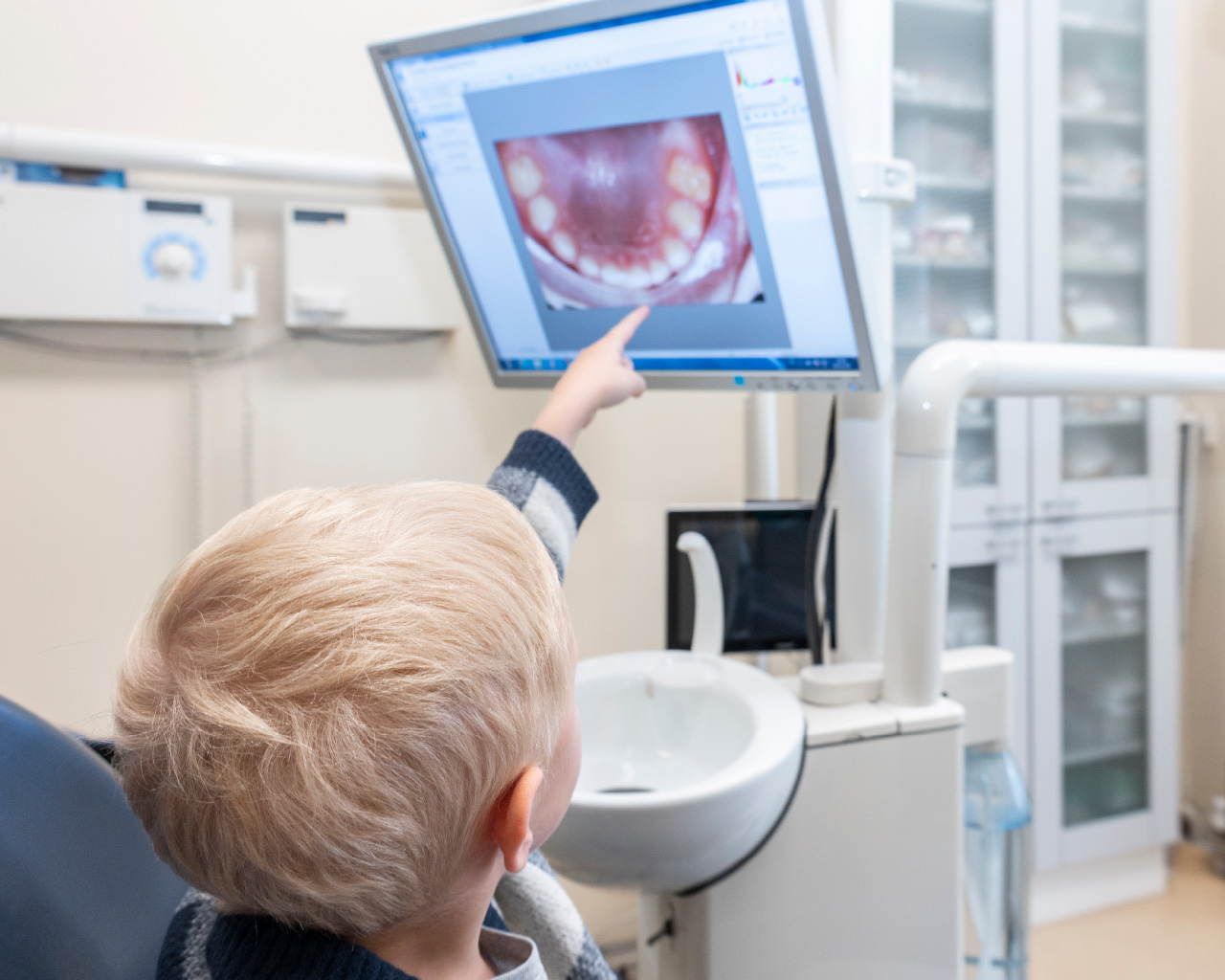
It is not uncommon to realize that your child has developed the habit of grinding teeth at night, clenching jaws or gnashing during tense moments during the day. It is an unconscious act, and many children are unaware of it. But the good news is it can be successfully treated.
It is the repetitive motion of clenching or gnashing of teeth. The medical term is Bruxism, and there are two types: Sleep Bruxism and Waking Bruxism. As the words imply, the former is mainly the clenching of the jaws placing significant pressure on the teeth during waking hours, and the latter is the cyclical teeth grinding during sleep.
Children and adults can both suffer from Bruxism. In children, Pediatric Bruxism is common; studies suggest one in 5 children grind their teeth at night.
There are several reasons children grind their teeth, and these include:
If the condition goes undetected for long, the constant pressure and grinding motion of the teeth can damage children’s teeth and gums, place excessive strain on the jaw and result in the following:
In most cases, children outgrow Bruxism after the age of 6 or so. If the child still has milk teeth, no intervention may be necessary as the condition may resolve when permanent teeth appear. However, if the child is older and teeth grinding persists, consult a pediatric dentist.
Parents should stay alert to their child’s habits, mental and emotional disposition and dental health. It is essential to ask yourself the following questions?
Ensure you are aware of these cues. Know what is causing your child anxiety and address the problem:
Several effective ways to help your child stop teeth grinding include using a nighttime mouthguard, anxiety-relieving techniques, and a thorough evaluation for underlying causes that can be precisely targeted and treated.
Pediatric Bruxism or teeth grinding in children is a highly resolvable issue.
قصص المرضى